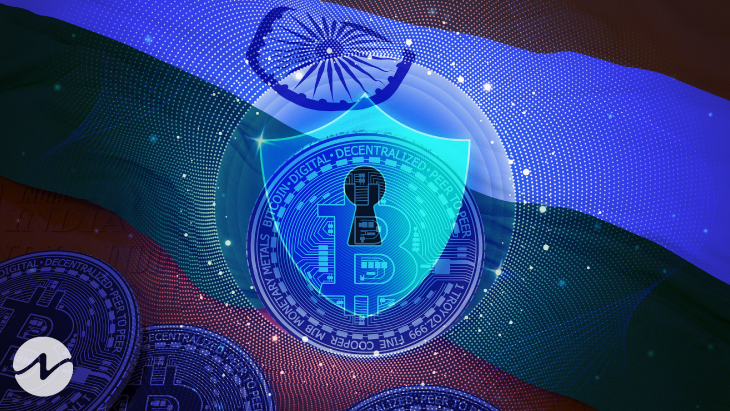- Uncertain regulations have made it difficult for the Indian crypto business to function.
- Crypto is a worldwide concern that requires “collective and synchronised action.”
Finalizing a consultation document on cryptocurrencies, the Indian Department of Economic Affairs will next give it over to the federal government. Global regulatory agreement on digital assets may be closer to reach if the paper is implemented in India’s 14 billion-plus population country.
Pretty Aggressive Stance
Economic Affairs Secretary Ajay Seth said on Monday during an event held by the Ministry of Labour and Employment that his department had concluded the work on the consultation document that would outline the nation’s viewpoint on cryptocurrency. The World Bank and the International Monetary Fund worked together to draught the paper. “Some sort of global regulations,” according to Seth, is what the article is all about.
India has taken a pretty aggressive stance on crypto in the last several years. For commercial banks and lenders, digital currencies were likened to Ponzi schemes in 2017 by the Reserve Bank of India (RBI) and the Ministry of Finance.
Cryptocurrency is a worldwide concern that requires “collective and synchronised action” from all national and international agencies, Indian Prime Minister Narendra Modi said in a virtual address at the World Economic Forum, broadcast online.
Uncertain regulations, volatile markets, and payment processors turning out exchanges have made it difficult for the Indian crypto business to function. Since India’s government seems to have no clear policy on cryptocurrency, the sector has hoped for a crypto law. When it comes to digital currencies like bitcoin and ether, the Reserve Bank of India (RBI) has constantly argued for their outright prohibition, but the Indian government has insisted on regulation instead.








